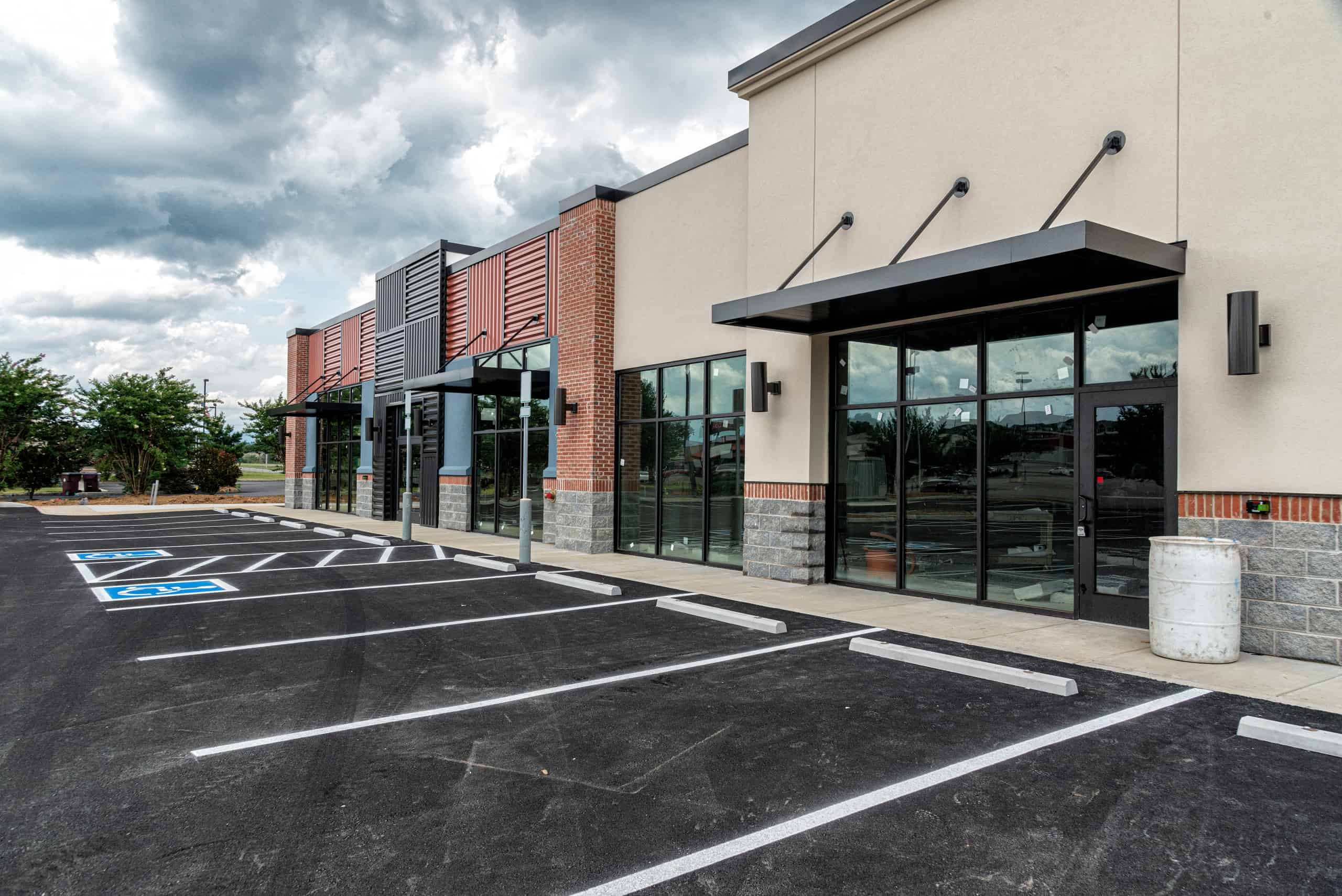BDSA’s data-driven predictions for 2023 prophesize that we’ll “see headline-making deals as M&A activity heats up, fueling consolidation across all markets.” With rampant acquisitions and consolidations, the industry’s leaders will either be on the hunt for the best licensed properties or prepping their licensed property for sale.
The cannabis industry is no stranger to navigating extra hoops and hidden steps with limited resources. Cannabis executives will need to embrace these skills in order to come out on top when the frenzy of acquisitions calms.
This article identifies some of these extra hoops and steps for savvy canna-real estate shoppers looking to lower COGS and protect scalability.
A secret economy exists within commercial real estate that’s often overlooked by cannabis entrepreneurs because of the distracting regulatory hurdles required for license acquisition. Due diligence tasks specific to used cannabis real estate are also regularly missed because they don’t apply to commercial real estate practices within other industries.
Purchasers of used canna-real estate can’t afford to make assumptions about the current license holder’s level of due diligence – they’re selling their license and properties for a reason. First and foremost, ensuring the original license holder kept in mind the seven essential strategies to find profitable cannabis retail properties when they selected their facilities will save the new owner both time and money.
Let’s unhide and highlight some line items…
The secret economy of due diligence
Scalability requirements and the cost of common resources are, in a nutshell, what comprises the secret economy in real estate. To determine if and when expansion will be necessary, operators must calculate the maximum output of each potential facility and estimate how long it will take to outgrow current throughput capacity.
Parking lot size is a great example. If a retail store needs a minimum average of $5,000 in daily sales and has a regional average basket of $25, then the parking lot needs to accommodate roughly 200 vehicles per day. Should that store increase to an average of $10,000 in daily sales with the same basket size, the parking lot needs to double in size to accommodate throughput.

Some states require additional applications for facility footprint expansion, adjustments to security camera placement, and other operational changes. Estimate these foreseeable expansion and renovation costs before acquiring a used property, including any costs associated with updating your state license. This research will expose unanticipated expansion limitations, such as a protected animal habitat, water source or vegetation on the property.
Purchasing a vertically integrated property can pose additional challenges in scalability if the cost of basic resources isn’t taken into account early on. The water and electricity required for indoor cultivation and/or manufacturing can be substantial and the costs of both are trending upward.
Internet bandwidth is also surprisingly relevant; security cameras need adequate download and upload speeds. The number of cameras the property requires to stay compliant can have a lasting impact on an operator’s COGS for both equipment and internet usage.
Cannabis specific due diligence
If the property has been used for cannabis cultivation, checking for signs of mold or mold mitigation can save the new owner from costly mold remediation. Similarly, checking for wood rot in irrigation areas can help avoid unwanted renovations.
Proper ventilation is of course a must for cannabis cultivation and should be incorporated in early stage facility plans. If the facility doesn’t include adequate ventilation, this should be incorporated into the renovation budget at the start.
Additionally, it’s common for used cultivation facilities to have altered electrical systems. An electrical inspection is always a must, as it will enlighten the prospective owner on electrical inefficiencies, safety hazards, and rewiring costs.
For retail-only facilities, assessing the throughput efficiency of the current layout will ensure the facility meets revenue needs. Envisioning more efficient layouts with building expansions can help operators estimate a future renovation budget. Merchandising displays, online order and curbside pick-up areas, upsell strategies, vendor pop-up space, and product storage are all incredibly relevant at this stage of operational planning.
It’s also possible for a licensed property to have active regulatory violations with the state governing office, which can delay property acquisition. Be Green Legal has experience with this issue: “[I]f a cannabis business has pending violations, which can take a long time to either settle out or have a hearing, or if it is under investigation, ownership and location changes will typically be held up until the issues are resolved.” Waiting for violations to resolve can be costly.
Additionally, the lack of safe banking for cannabis entrepreneurs can cause delays or hurdles in property acquisition. If the property is financed by the current owner and has no previous cannabis business use, approval for a loan transfer or property lease can also be costly or completely prohibitive.
James M. Rishwain, Jr. shed some light on this in 9 Dos and Dopes of Buying or Leasing Cannabis Real Estate. “If the property is subject to a loan, a landlord and tenant should review the loan’s security instruments, which may prohibit cannabis-related uses or require the borrower to comply with all state and federal regulations.”
Complying with all federal regulations due to loan stipulations rules out the cultivation, manufacturing or sale of cannabis, which is still a federally illegal Schedule 1 Substance. Real Estate NJ has ascertained that “cannabis operators are more likely to find space through acquisition or by renting from a landlord that owns property without institutional financing in place.”
Ah, the joys of cannabis business management.
Acquisitions are coming
Quality green-zoned properties, especially if attached to a license, are about to become the industry’s leading currency as investors get more selective, entrepreneurs execute exit strategies, and the successful operators expand via acquisitions.

“Since it’s expensive to bank cannabis profits and banks won’t loan to cannabis entrepreneurs because marijuana is still federally illegal, buying real estate with cash profits is an increasingly popular alternative,” explains Will Yakowicz in Inc.’s The Marijuana Business is Really the Real Estate Business.
While many cannabis operators won’t survive beyond 2023, the industry should expect to see the best of the best remain. Joe Hodas, CMO of Wana Brands, is among the industry’s optimists. “While the current oversupply and price compression we are experiencing nationally will undoubtedly lead to more inevitable pain and consolidation, it should also leave us with a slightly healthier industry by the end of 2023.”
It’ll be interesting, to say the least, to see which operators come out of 2023 and how much of a role the anticipated property and license juggle will have in their success. Canna-real estate purchasers that keep these subtle, often overlooked, line items in mind as they assess properties will set themselves up for a greater chance of success in this tumultuous time for our industry.
Disclaimer:
MJBI content is intended to be used and must be used for informational purposes only. It is very important to do your own analysis before making any investment based on your own personal and professional circumstances. MJBI is not a registered investment, legal or tax advisor or a broker/dealer.





